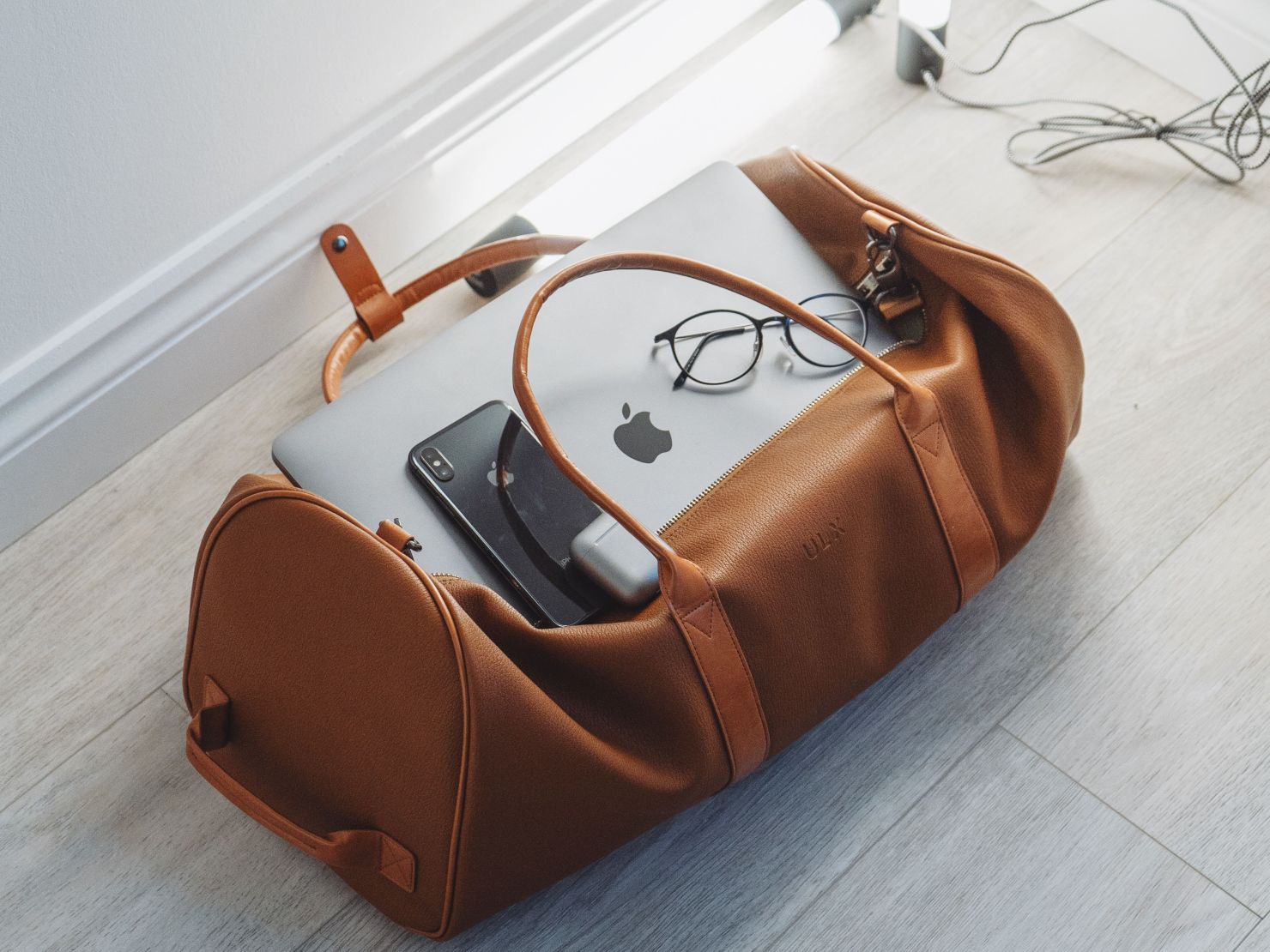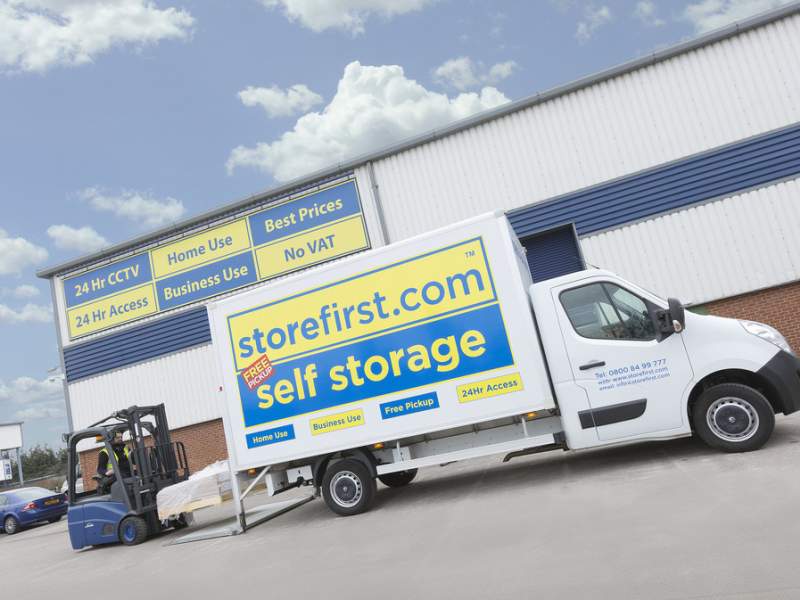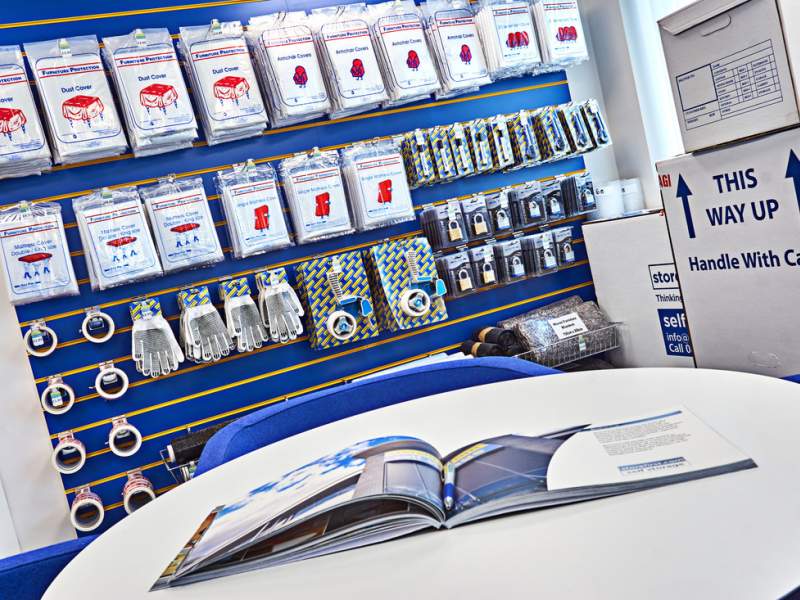What to Do With Your Belongings When You Go Traveling

Whether you’re planning on exploring beautiful European cities or relaxing on the beaches of Southeast Asia, every traveller has to answer one question before they depart on their next big trip: “What should I do with all my stuff?"
If you’re planning a long-term holiday or sabbatical and don’t plan on maintaining your lease during you trip, you’ll need to work out somewhere to store your stuff, from clothing to electrical equipment, while you travel.
From the homes of friends and family to self-storage units, we’ve worked out what you should do with your belongings while you travel. Read on to discover five tips that will make storing your possessions before your next big trip a breeze.
Decide what you want to donate or dispose of
Long-term travel isn’t just a great opportunity to discover the world; it’s also a good time to dispose of items you own but rarely use. While you’re packing up your stuff, divide items into four groups:
- Keep and store
- Throw away
- Donate
Items in the “keep and store” category are self explanatory – they’re valuables and things you use frequently. Items in the “throw away” category are things you don’t use that don’t have any value – old catalogues, damaged items and the like.
Items in the “donate” category are things you can give away to local charities like the Red Cross or Clothes for Charity. While you’re packing your holiday wardrobe, take the time to sort through your clothes and work out what other people could use.
Old jackets, t-shirts, sports clothes and other items are always wanted by someone in the community, and donating them before you travel is a great way to do a good thing while you prepare for your trip.
Other good items to donate include books, old electronic equipment like unused TVs or CD players and even furniture. That old, ripped sofa sitting in your garage might be worth a lot more than you think to someone in need.
We talked about how good donating feels before in our decluttering guide. As well as the above two options, Oxfam also accepts donations of clothes and books that are sold to the community to fund its charitable projects.
If it’s nearby, store clothing in your family’s home
Are you going on a six-month trip after finishing university? How about a gap year before continuing your education? If you’ve just moved out of home and don’t live far from your family, consider storing clothes in your old bedroom’s closet.
Bulky items like coats and jackets have no place in your luggage if you’re heading to the tropics. Likewise, they can take up a huge amount of space in storage boxes and are tough to vacuum pack.
If your family home isn’t far from your current address, contact your family and ask if it’s alright to store spare clothing in your old closet. Alternatively, if you live away from your family, you can ask to borrow some closet space from a friend.
Vacuum pack clothes and soft items to save space
Do you have lots of t-shirts, shorts, trousers, dresses and other soft clothing to store while you travel? If you have an extensive wardrobe, you can use vacuum storage to reduce its size and fit your possessions into a smaller storage unit.
Vacuum storage bags compress your clothing to about a third of its original size by sucking all of the air out from gaps and crevices between layers of fabric. Think of the air caught between folds in a t-shirt – all of that’s removed in a storage bag!
You can use vacuum storage to reduce the size profile of any soft fabric item. Shirts and other clothing, duvets, cushions and even travel mattresses can be stored in an airtight vacuum pack for months – just make sure to iron them after you unpack.
As an aside – vacuum storage can be hugely helpful if you’re prone to travelling with a large wardrobe. Pack clothes into vacuum bags and suck away the excess air – you should be able to double the amount of clothing that fits in your suitcase.
Put big items or valuables in a personal storage unit
Planning a worldwide trip? It’s probably best to leave your valuables, from jewellery like earrings and wristwatches, to important heirlooms, in a storage unit while you travel.
Likewise, large items such as TVs and personal computers are best placed inside a personal storage unit while you travel, since asking friends or family to store them could take up a little too much of their own storage space.
Our personal storage units around the country are conveniently located and highly affordable, making it easy to store your stuff while you travel. You’ll be surprised to learn how little it could cost you to store your items while you explore the globe.
Schedule all of your storage-related tasks for one day
Here’s an easy way to make storing your stuff before travelling more manageable: organise all of your storage deliveries – from dropping off clothes at your friend’s home to filling your personal storage unit – for one day.
That’s the logistical side of your storage, we mean. Your big clean-up day should be at least a week or two before you travel, giving you time to work out where to store your stuff, what to donate and other important decisions.
Plan your “storage day” for a few days before your trip begins, since storing all of your bulky items the day before your travel can be a major headache. You can even have us collect all of your items before you travel using our Cleverbox storage.
What will you do with your stuff while you travel?
Is your departure date fast approaching? Going on a long holiday can be a lot of fun, whether you’re travelling to multiple countries on a round-the-world ticket or just spending a few months in our destination.
Use our five clean-up, organisation and storage tips above to make storing your stuff while you travel a breeze. Once your possessions are stored and organised, you’ll be able to step onto the plane with ambitious travel plans and absolute peace of mind.
Still haven't packed all my stuff up and move it to a storage unit and I only have a week left
— Jay (@Jordaconda5) December 17, 2014
If you’re interested in finding out more, email info@storefirst.com or call 01282 330 330.



































































































































































































